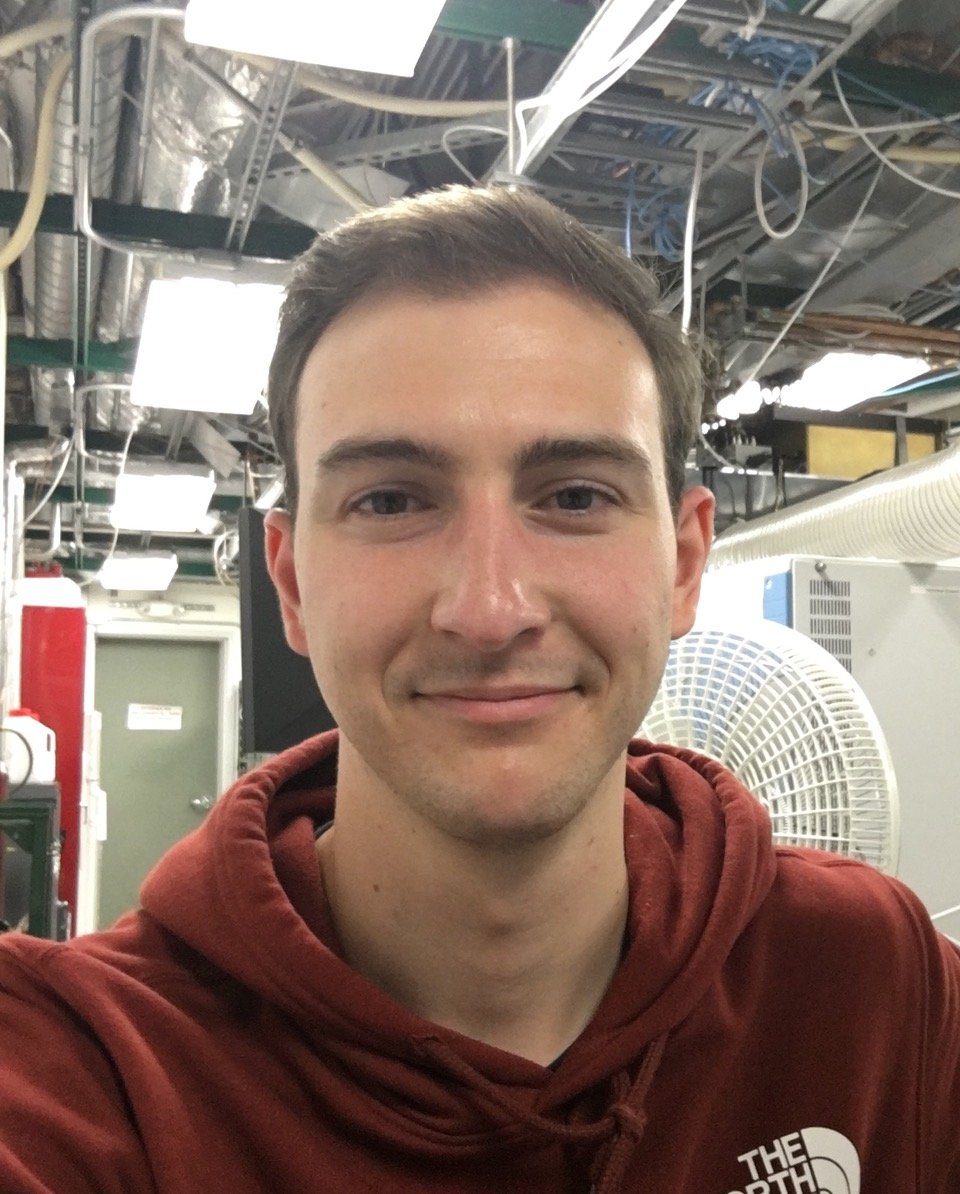RELIGIOUS TRADITIONS & INTELLECTUAL WORK
A Discussion Series by Graduate Students and Recent Graduates
The Berkeley Institute invites undergraduate and graduate students to a semester-long discussion series on religious traditions and intellectual work. How might a religious belief, idea, concept implicitly shape one’s research and academic work? What are the implications or claims of said religious belief, idea, or concept on good intellectual work? And what resources do various religious traditions offer us in the present to help us become the kind of researcher, academic, or artist that we aspire to be?
Events in this series are open to students and recent graduates ( ≤ 3 years). To find out more information about each event and to RSVP, see below. RSVP is required.
Location: Berkeley Institute (2134 Allston Way, 2nd floor)
-
Life of the Spirit & Mind: On Mormonism and Intellectual Freedom
facilitated by Natalya Nielson
PhD Student in the Department of Scandinavian at UC BerkeleyWednesday, October 11 from 6-7:15PM
Recommended reading: “'The Glory of God Is Intelligence': Mormons and the Life of the Mind" by Terryl Givens from People of Paradox: A History of Mormon Culture (Oxford University Press, 2007) *rsvp to receive reading
In this session, Natalya will explore briefly the theological beginnings of Mormonism in the mid 19th century and how the life of the mind and the life of the spirit were viewed by early Mormon leaders as mutually reinforcing. In subsequent years, this initial doctrine was threatened by the establishment of central and strong leaders, and Mormonism's main paradox today has become what Mormon scholar Terryl Givens calls "personal autonomy and intellectual freedom contending against prophetic authority and institutional power." We will discuss the kinds of institutional and theological structures that may allow for individual academic rigor and discovery without threatening the religion writ large--taking early Mormon theology as an inspiration. Additionally, we will consider how the life of the spirit and the life of the mind can be grounded as reinforcing each other instead of creating paradoxes that force the individual to choose between them.
-
Journey of the Soul: On the Baha’i Faith & Art-Making Practices
facilitated by Helia Pouyanfar
MFA in Studio art; Conceptual ArtistMonday, November 6 from 6-7:15PM
Recommended Reading: “The Valley of Search” and “The Valley of Wonderment” by Bahá'u'lláh *rsvp to receive reading
In this session, Helia will examine Eastern philosophies of the Baha’i Faith in relation to art-making and art-thinking practices. Narrated through a poetic and mystical lens, the strenuous journey of the soul to find truth is central to the Baha’i Faith. This eternal quest is assumed impossible; thus, the journey itself is often the subject of investigation. This journey is not unlike the artist's pursuit to make sense of an incomprehensible world using the undefinable medium of art. We will discuss the ways in which such an outlook guides one's artistic practice and influences one's experience of life. How would we comprehend the world as artists if we define ourselves as eternal travelers?
-
Virtuous Science: On “Cosmic Humility” and the Task of the Natural Sciences
facilitated by Ryan Reynolds
PhD Student in the College of Chemistry and Lawrence Berkeley National LabPOSTPONED
Recommended reading: short excerpt from Blaise Pascal’s Pensées and Psalm 8
In this discussion, Ryan will investigate a complex of three ideas from the Christian (and specifically western/Augustinian) theological tradition that explain humanity’s place in relation to the world and to God — a complex he refers to as "cosmic humility." This complex comprises three main beliefs: 1) the idea of humans as the pinnacle of creation, yet being innately sinful (often identified with original sin), 2) the vanity and contingency of the material world, and 3) the role of the natural world as a means of divine revelation. We will explore how these anthropological and metaphysical beliefs simultaneously enable and place bounds on the task of natural sciences. To my mind, holding these beliefs should lead one to esteem meditation on nature, invite skepticism of human perceptions of nature, and demarcate what can and cannot be understood rationally. In addition to exploring the merits of these beliefs, we will also think about what this view of the world claims about the end(s) of science, and what virtues should accompany it: what does it mean to do good science? (And conversely, what is bad science?)
-

Natalya Nielson
A PhD student in the department of Scandinavian with a Designated Emphasis in Gender, Women, and Sexuality Studies at UC Berkeley. Her academic interests include the intersection of literary history and the social sciences, and how literary figures become symbols for white nationalism in the Nordic region, especially in political narratives of homo- and femonationalism.
-

Helia Pouyanfar
MFA in Studio Art from University of California, Davis and B.A. in Art Practice from University of California, Berkeley, specializing in sculpture and installation art. Pouyanfar has been the recipient of multiple awards, including the Certificate of Excellence in Sculpture from UC Berkeley, the 2021 Margrit Mondavi Graduate Fellowship from UC Davis, 2024 Berkeley Civic Arts Individual Artist Grant, and 2024 Kala Art Institute Fellowship.
-

Ryan Reynolds
A PhD student in the College of Chemistry and at Lawrence Berkeley National Lab, where he studies the chemistry and physics of atmospheric aerosol particles using x-rays and mass spectroscopy.
